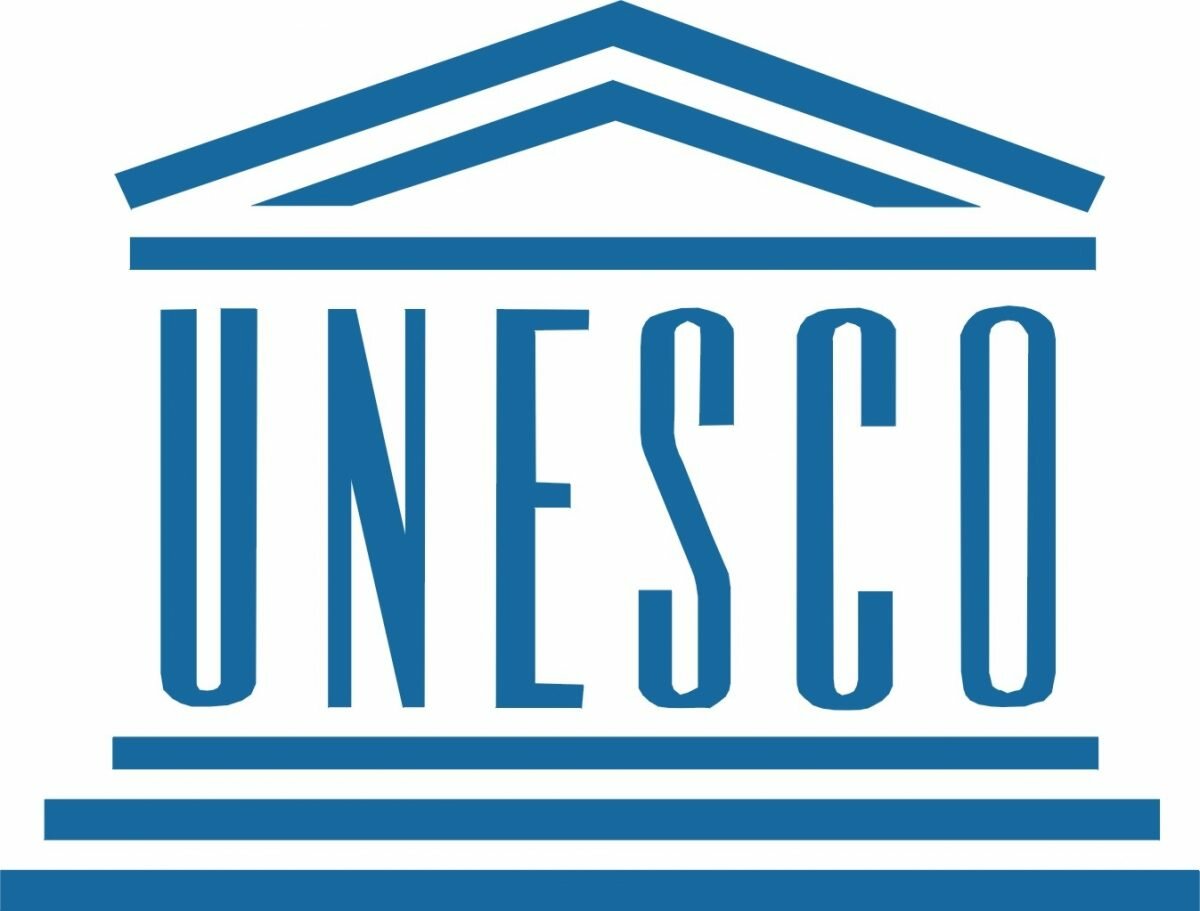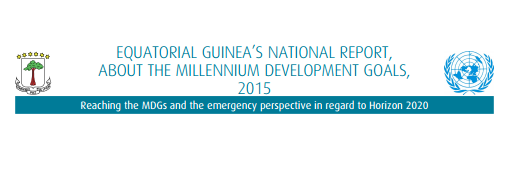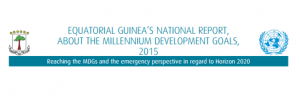30 October 2015
 This week, UK-based tourism agency Undiscovered Destinations launched small-group adventure tours in Equatorial Guinea. In partnership with Malabo-based agency Ruta 47 (http://visitguineaecuatorial.com), Undiscovered Destinations will provide their adventurous clients from around the world the opportunity to dive in to Equatorial Guinea’s unique scenery and culture through 10-day tours beginning in Malabo. Other destinations on the itinerary include Bata, Oyala, Mongomo, Monte Allen, Corisco, Ureka and Moka, among many others. The first scheduled tour group, to depart on 16 January 2016, is already fully-booked with adventurers hailing from Australia to Canada. Bookings remain open, however, for the next tour group to begin on 26 November 2016. To secure your place, visit Equatorial Guinea’s page on the Undiscovered Destinations website here.
This week, UK-based tourism agency Undiscovered Destinations launched small-group adventure tours in Equatorial Guinea. In partnership with Malabo-based agency Ruta 47 (http://visitguineaecuatorial.com), Undiscovered Destinations will provide their adventurous clients from around the world the opportunity to dive in to Equatorial Guinea’s unique scenery and culture through 10-day tours beginning in Malabo. Other destinations on the itinerary include Bata, Oyala, Mongomo, Monte Allen, Corisco, Ureka and Moka, among many others. The first scheduled tour group, to depart on 16 January 2016, is already fully-booked with adventurers hailing from Australia to Canada. Bookings remain open, however, for the next tour group to begin on 26 November 2016. To secure your place, visit Equatorial Guinea’s page on the Undiscovered Destinations website here.
Undiscovered Destinations undertook significant on-the-ground research to prepare the best tour experience possible, making it the only UK tour operator to have personally visited the country. The agency promotes adventure tourism to far-flung destinations around the world, allowing clients to have unique and unforgettable experiences. Their distinctive approach to tourism gives customers the opportunity to learn about and experience some of the world’s most interesting places and peoples. You can learn more about Undiscovered Destinations on its website, www.Undiscovered-Destinations.com.










